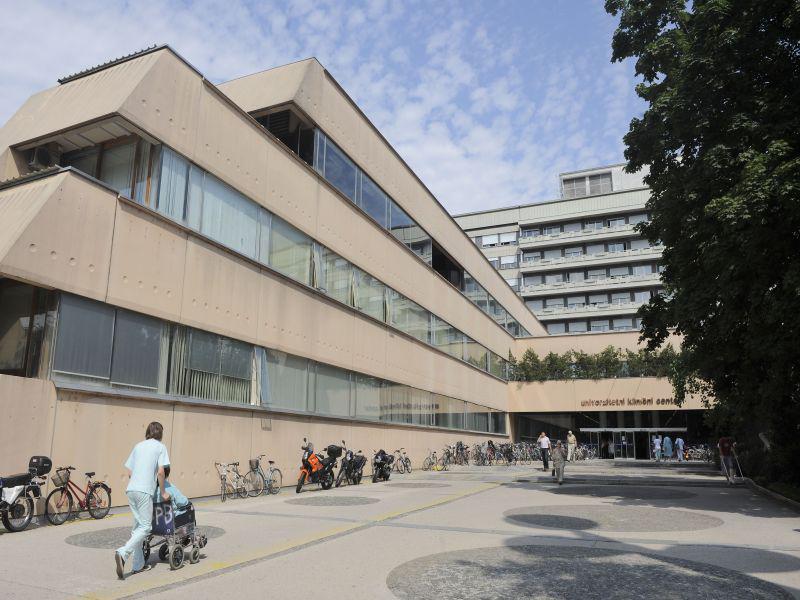
The audit results for the five medical clinics, which are part of the University Medical Centre (UKC), were presented to the press by the President of the Court of Audit, Tomaž Vesel.
No traceability, no responsibility?
Documents on hospital waiting lists in 2012 were subjected to revision. They lack traceability, which is the key
to determining individual responsibility. »The biggest problem is traceability, but that should change 90 days from now,« is how Mr. Vesel announced one of the main corrective measures.
Is it possible? Amphibians waiting in line
The institution headed by Mr. Vesel will also tackle the problem of the so-called amphibians in the health system: it will check all the doctors employed within the UKC Ljubljana, who at the same time also work for private medical clinics, which operate with or without government concessions. A list with the names of doctors has already been sent to the UKC management.
At the moment only one doctor is being audited, however his name has not been disclosed. The problem is that doctors working in specialized clinics outside the UKC order patients through the check-up system, although they haven't yet been at the UKC for an initial medical check-up.
How can one cut in line?
Cutting in hospital waiting lists can happen with an agreement between patients, or their relatives, and individual doctors. The practice also occurs upon the initiative of other doctors. Persistent patients also prove to be successful.
Doctors have their own handwritten lists
There is no unified information system that keeps track of all the waiting lists. Hospital waiting lists are long and enable shortcuts. In 2012 the majority of patients had to wait around 400 days. The record holder is a patient who had to wait for an unbelievable 700 days for adequate treatment.

































































